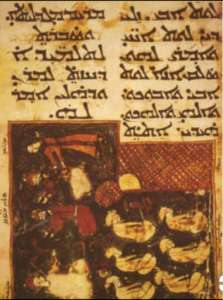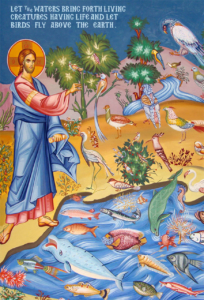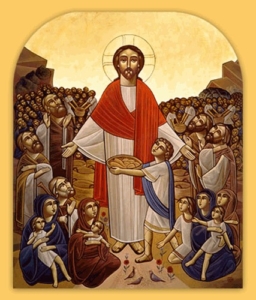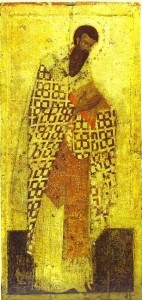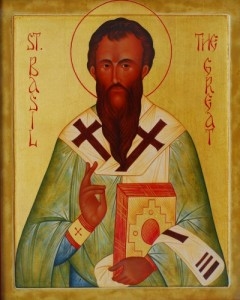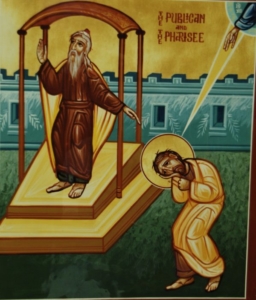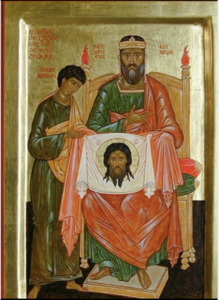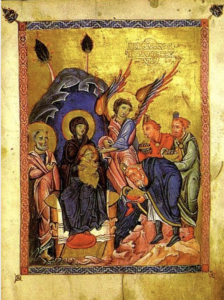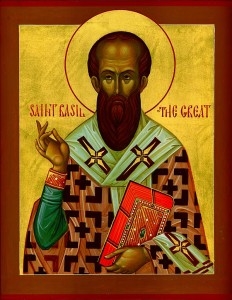What is the benefit of fasting in. . .
What is the benefit of fasting in our body while filling our souls with innumerable evils? He who does not play at dice, but spends his leisure otherwise, what nonsense does he not utter? What absurdities does he not listen to? Leisure without the fear of God is, for those who do not know how to use time, the teacher of wickedness.”
-St Anthony the Great
